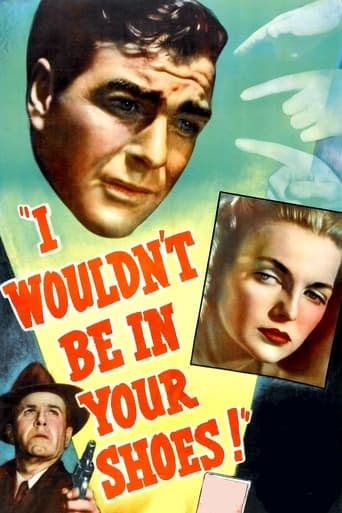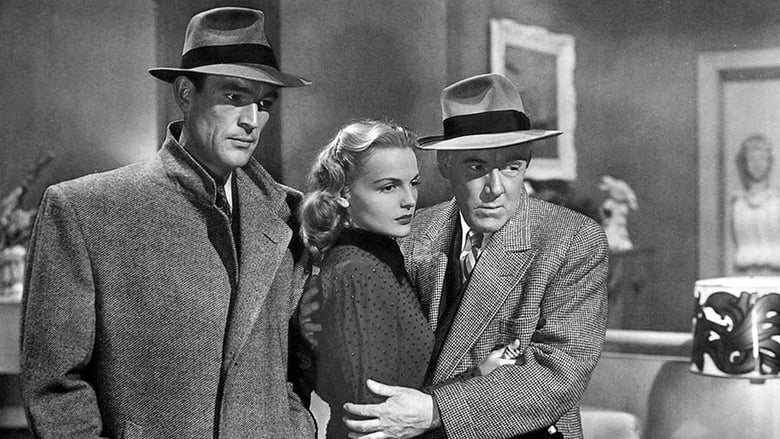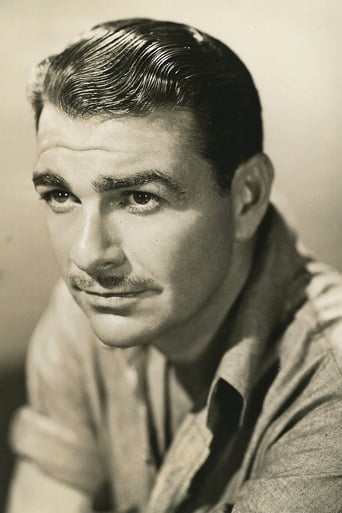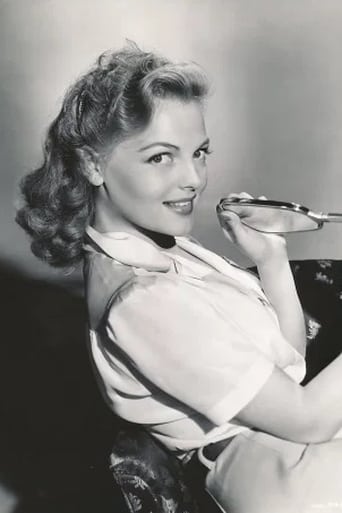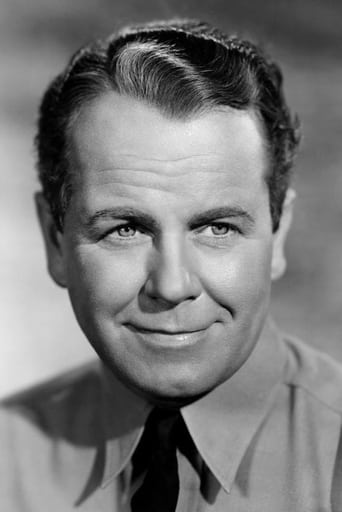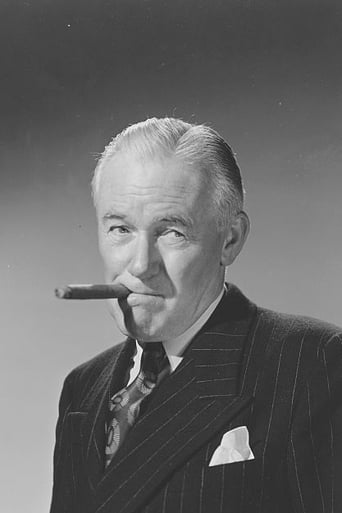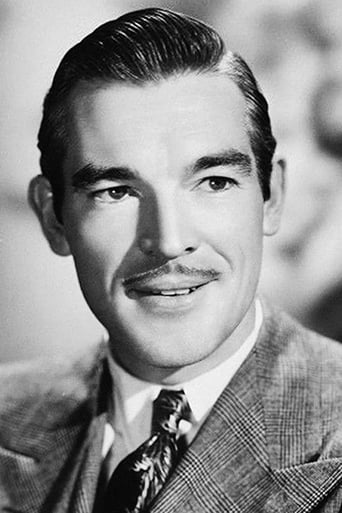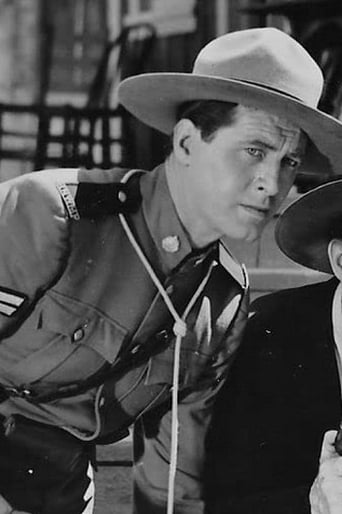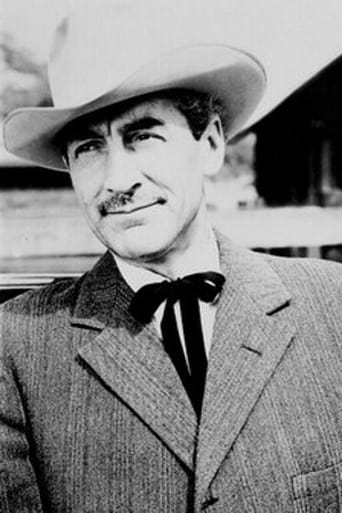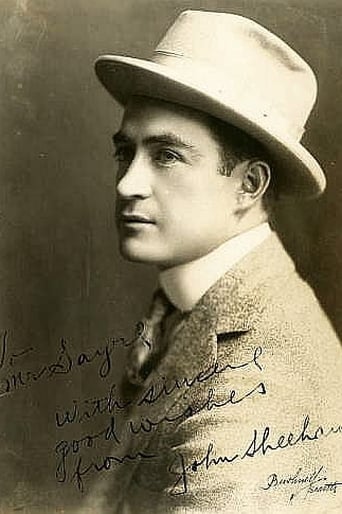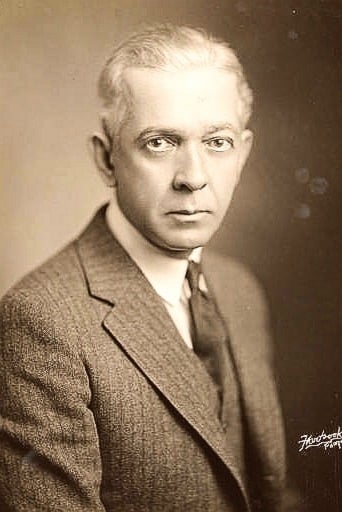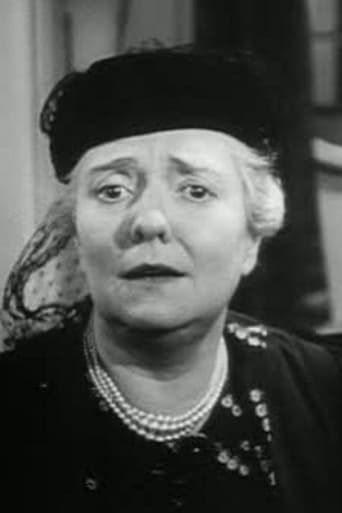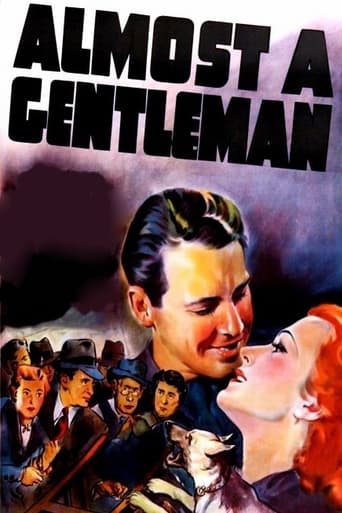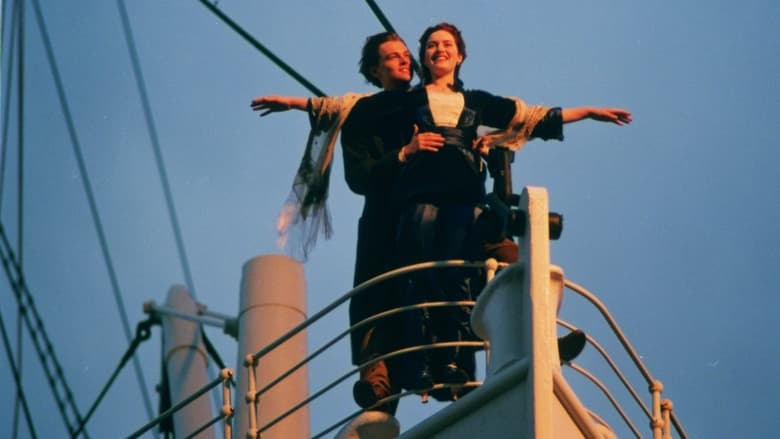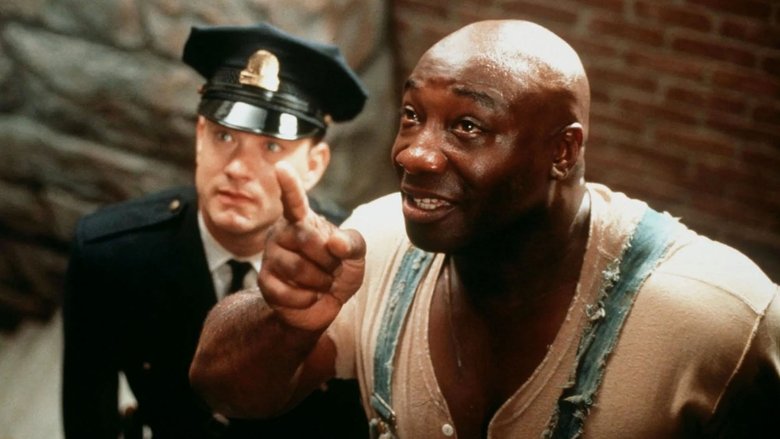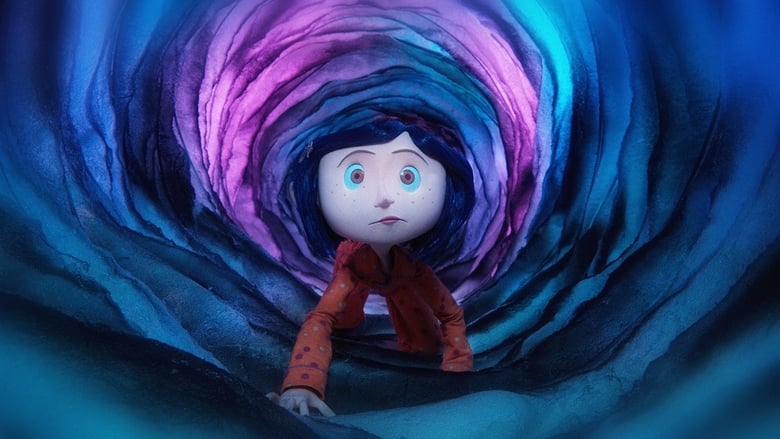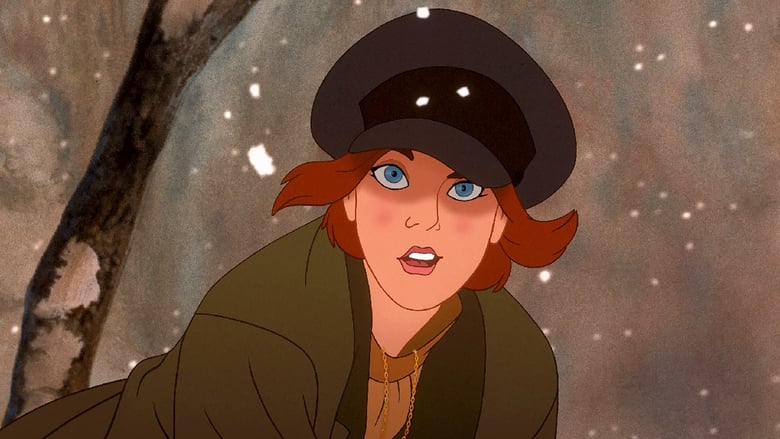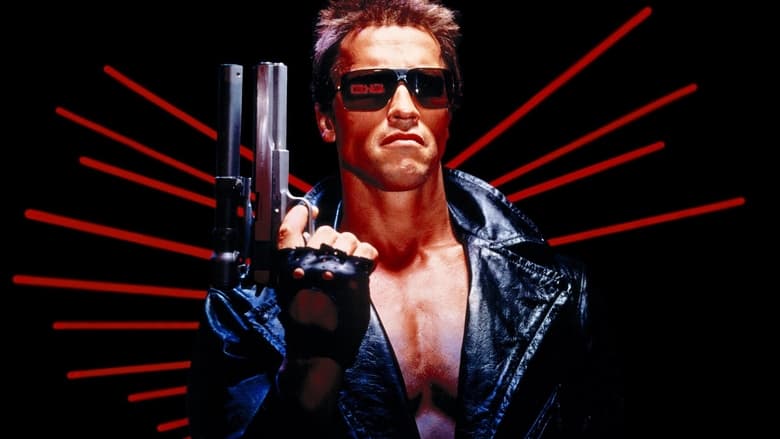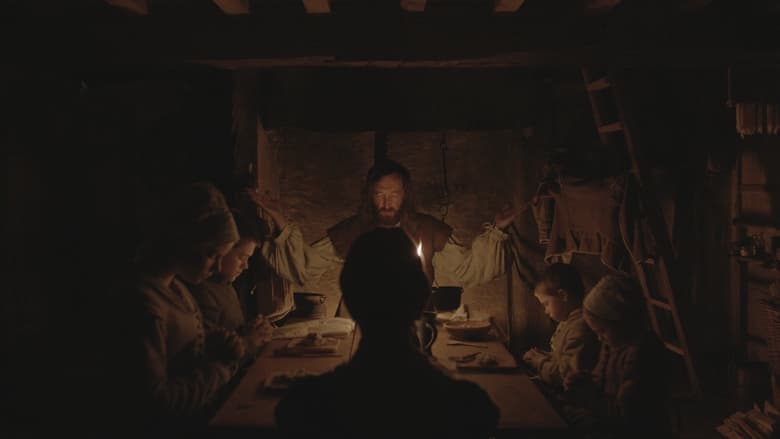An innocent dancer is accused of murder after his shoe prints are found at the scene, but his wife follows the trail of clues to find the real perpetrator.


Similar titles

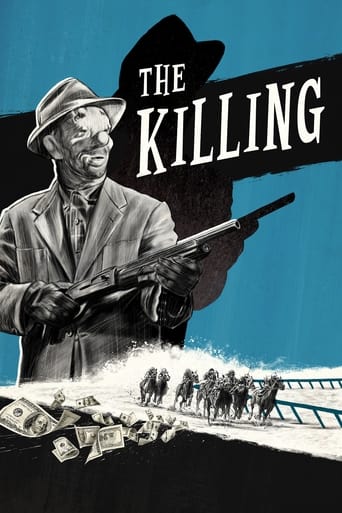
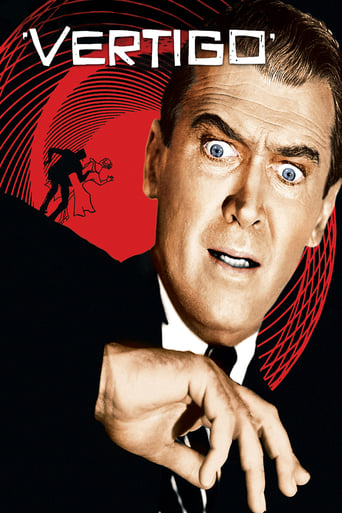
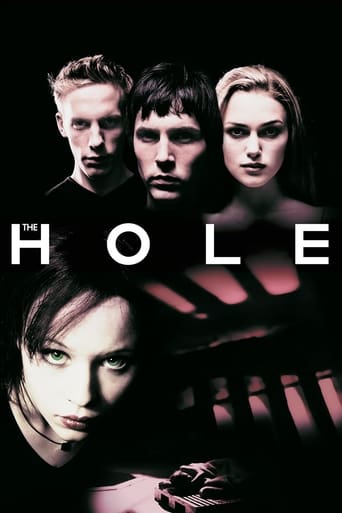
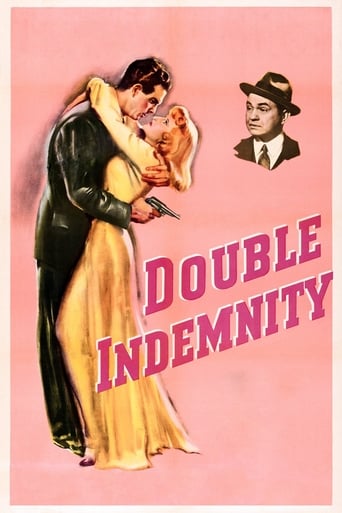
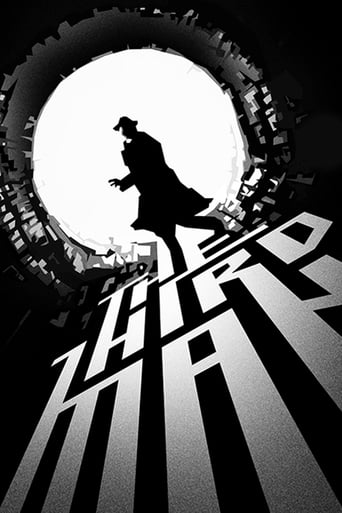


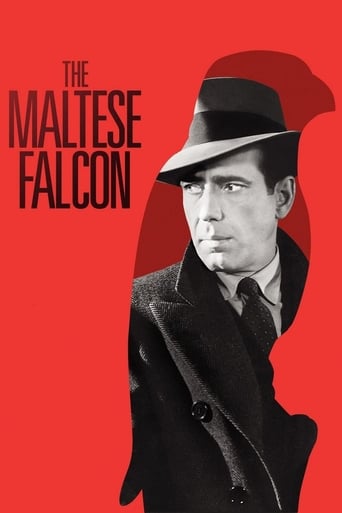
Reviews
I Wouldn't Be in Your Shoes is directed by William Nigh and adapted to screenplay by Steve Fisher from a story by Cornell Woolrich. It stars Don Castle, Elyse Knox, Regis Toomey and Charles D. Brown. Music is by Edward J. Kay and cinematography by Mack Stengler.Hoofer Tom Quinn (Castle) is convicted of murder on circumstantial evidence. Sentenced to death row, Tom must hope his wife Ann (Knox) can find the proof of his innocence before his date with death.Pretty routine noir exercise this one, but definitely of interest to film noir lovers looking for something they may not have seen before. In true noir fashion fate and coincidences play a huge part in the narrative drive, as does a bit of obsessive yearnings and questionable moral standing. The look is nifty, very noirish when the prison or the church is involved, or the nighttime shots in general, while there's a quirky edge to proceedings that always keeps the pic interesting. The ending is a disappointment (in true noir terms), and apart from the always reliable Toomey, the acting only just about passes muster, but it's worth a look see, even if it isn't the under seen gem some would have you believe... 6/10
This was one of the stranger murder frame-ups: not by adding fake fingerprints, not by placing the fall guy at the murder spot at the right time, not even by hiding the murder weapon in his house. It was framing by shoes and shoes alone. Seriously, if you wanted to commit a murder without being discovered, you would absolutely think of stealing someone else's shoes, put them on your feet, thank god they fit, and go ahead merrily with your murderous plan, content that you're free of any trouble and that the man whose shoes you stole will surely take the fall for you.And so, the main, obvious, explicit plot line of the movie is quite awkward, or it makes the police look like an awesomely incompetent institution. Of course that the main guy must have been framed. Or, at least, if you, Mr. Detective sir, think that he wasn't, then you should definitely arrest and convict the wife too, since she swore that he was at home at the time of the murder; therefore you, Mr. Crooked Detective sir, should find a better plan.Fortunately, all this is of little consequence. As we find out in the end, during a rather wonderfully eerie scene, the whole movie was built almost literally around an idiomatic expression - to be or not to be in someone else's shoes.So we have the Crooked (and frankly rather sick) Detective, Police Inspector Clint Judd, aka Santa Claus, who fell in love with a dancer, Ann. He went ahead and planned most of his future life around this love, before he even talked to her, or rather danced with her for the first time. Of course, there was a little impediment - not that the girl might not love him back, which is something totally beyond his faintest consideration, but that she is married. And to a fellow dancer, nonetheless.So what does he do? Since he wanted to figuratively walk in her husband's shoes (Tom), he proceeds to literally walk in his shoes in order to frame him with a murder and get him out of Ann's sight. I found this narrative trick so cute that I'm willing to gloss over the above-mentioned technicalities of the set-up. Besides, they were the husband's only pair of shoes, carelessly thrown through the window to chase away a bunch of cats in heat - quite an annoying reminder of what his character would have done after turning off the light next to his beautiful young wife, had his movements and desires not been restricted by the darned Code.And so, the Gods of the Noir take notice of this transgression. What, you're throwing away your only shoes, and your dancing shoes too? OK, let's take control over your life away from you. Then the second transgression occurs: Ann wants to keep a large sum of found money, which might well be, as Tom insists, someone's life savings. And she persuades him to go along with her plan of waiting for a week to see if anyone reclaims it in the papers. OK that seals the deal, say the Gods of the Noir, you two are doomed. And the whole fatal mechanism is set in motion, all ending up with the husband on death row....Except it turns out it wasn't the Gods themselves who orchestrated the whole deal, it was nothing but a mere mortal playing with idioms, using a man's shoes against himself to make them uninhabitable. There is no real talk of a destiny in this movie, it's all a mad man's game, a man who, with clean blue eyes and a beaming smile, explains to the girl of his mad dreams the length to which he had gone to stalk her, the time and work he had spent to build her a golden cage, and how happy she'd be in the life he had designed for her.This was a surprising noir, populated by a host of characters slightly different from the usual suspects. We have indeed two poor schmucks and one femme fatale, along with a host of barely sketched characters. But the woman seduces in spite of herself, and when she does play her deadly game in earnest, she's so distressed that only a mad man could have believed her. Poor schmuck #1, Tom the husband, is absolutely passive and properly set at the hands of his fake destiny, but he's hardly the focus of the story, he works more like a motive for the true actors - the wife and poor schmuck #2. The latter would not be so poor and pitiful, after all he orchestrates the whole deal, were it not for the genuine ill love and utter remorselessness of his behavior. The detective is eerily clueless about the moral transgressions he is committing, about the morbidly obsessive nature of his love and the unforgivable nature of his deed. He is at the complete mercy of his cravings, a mere plaything in the hands of biology - or of some whimsical God taking a break from its lawful duties. Had he not been murdered, the man should have been put in a mental asylum, not in jail...And then there are, of course, the cute little details of the Quinn household, way warmer and more personal than the norm for a noir.Really, one thing on top of another, it turns out that this little movie is quite the buried treasure. I just wish I could find a better copy, because, as it is, I don't dare to say a thing about the visuals. But the whole thing came for sure from the wild bank of the noir river, where it dwells alongside Dassin's "Naked City", Ulmer's "Detour", Montgomery's "Ride the Pink Horse" and Daves' "Dark Passage".
A dancer chucks his tap shoes out the window at a noisy cat and ends up facing a murder charge. I could make a comparison to a certain other film noir (actually a film noir and its remake) but that would be giving away its surprising twist. Given the era, you know the innocent man will get a last minute reprieve, the trick is how we get to that point. When the realization dawned on me -- about 30 seconds before the first real clue -- it was one of those magic "How did I not see this coming?" moments. Certain plot points that at first seemed very contrived clicked into place (although to be totally honest, a lot of it is still kinda contrived... goofy coincidences and twists are something of a trademark for Cornell Woolrich). The film is clearly a shoestring budget production, but even if the performances aren't great, they are at least sincere. The "wrong man" scenario provides the usual (justified) paranoia concerning the authorities charged with protecting us, and the tight running time makes this a worthwhile picture, even if not exactly an undiscovered classic.
This film would appear to have been 'lost' since it's release in 1948, and that's a shame as while it's certainly not the best film of the 'film noir' era; it's a good one, and a lot better than many of the more popular noirs. The film features the trademark noir gloomy atmosphere, and this is excellently complimented by the shots of the city at night. The plot focuses on the idea of bad luck, as many noirs do, and the title is a lot more literal than you may think. The plot isn't full of ideas, and mostly just focuses on the central theme; which is a bonus if you ask me as it means that the director can spend more time building up the central situation and as a result; the film is ultimately more thrilling. We focus on a pair of characters; both out of luck dancers. One night, they are being kept awake by cats outside their apartment and so, as you do, he throws his shoes out the window to shut them up. He retrieves them the next day, and soon after their luck changes when he finds a wallet containing two thousand dollars. However, the police come to believe that the money belongs to a murdered man; and the husband soon comes under suspicion for the murder.The idea that the plot focuses on is good, and the shoes of the title are the centrepiece object - which helps the film as it gives it a real sense of irony. The acting isn't the best, but all the performers do well in their respective roles. Don Castle convinces as the unlucky law abiding citizen, while Elyse Knox gets most of the plaudits for her central role as his put-upon girl. Regis Toomey, who has previously worked with the likes of Frank Capra and Alfred Hitchcock rounds off the cast nicely, and takes a lot of the focus away from Don Castle with his linchpin role. The plot plays out well, and even though the film only runs for seventy minutes; it has to be said that the film explores most of the implications of the plot, and this is always interesting since there isn't any padding. Director William Nigh does well in creating mystery and suspense, and the plot all builds to a satisfying and somewhat shocking conclusion that sees all the characters get a fitting comeuppance. Overall, this isn't a great film, noir; but it's well worth seeing and hopefully it'll be uncovered soon and given a DVD release!
